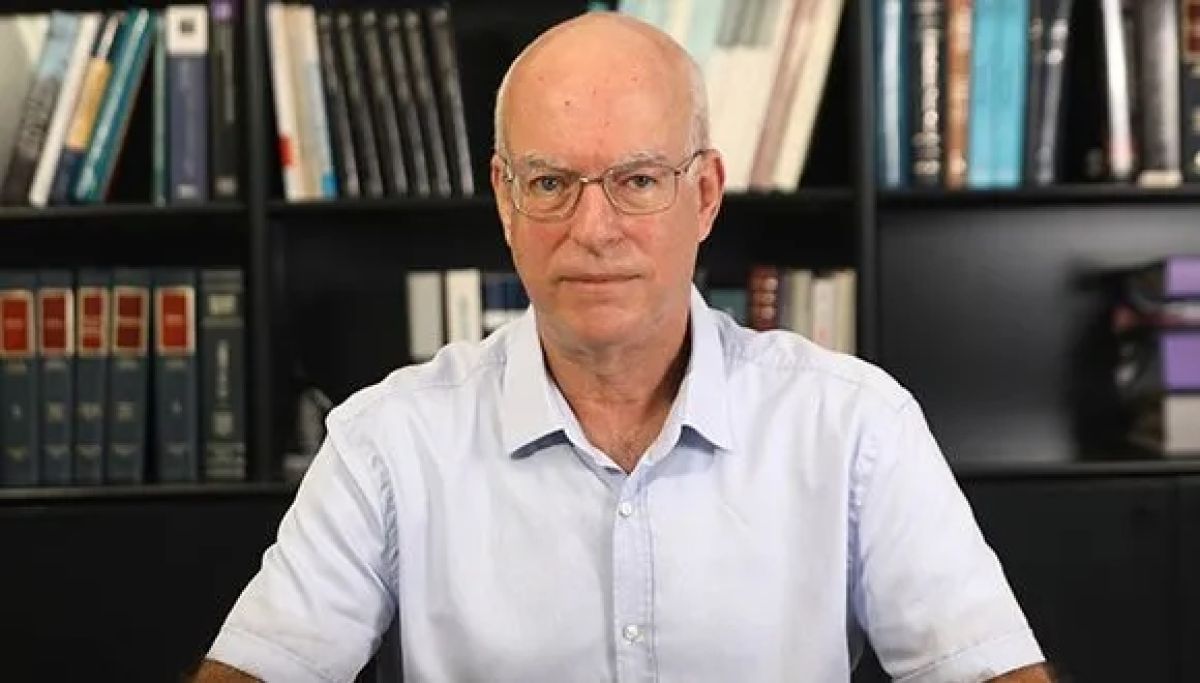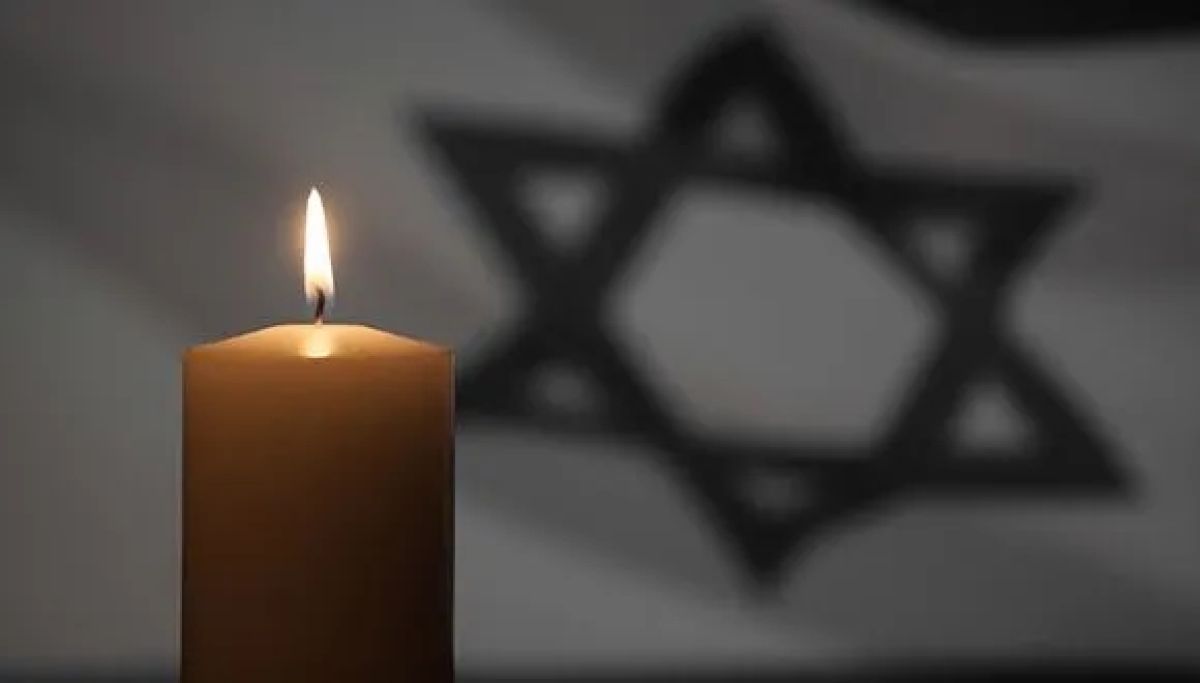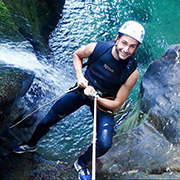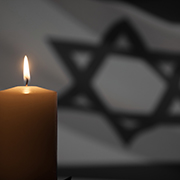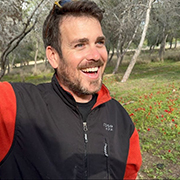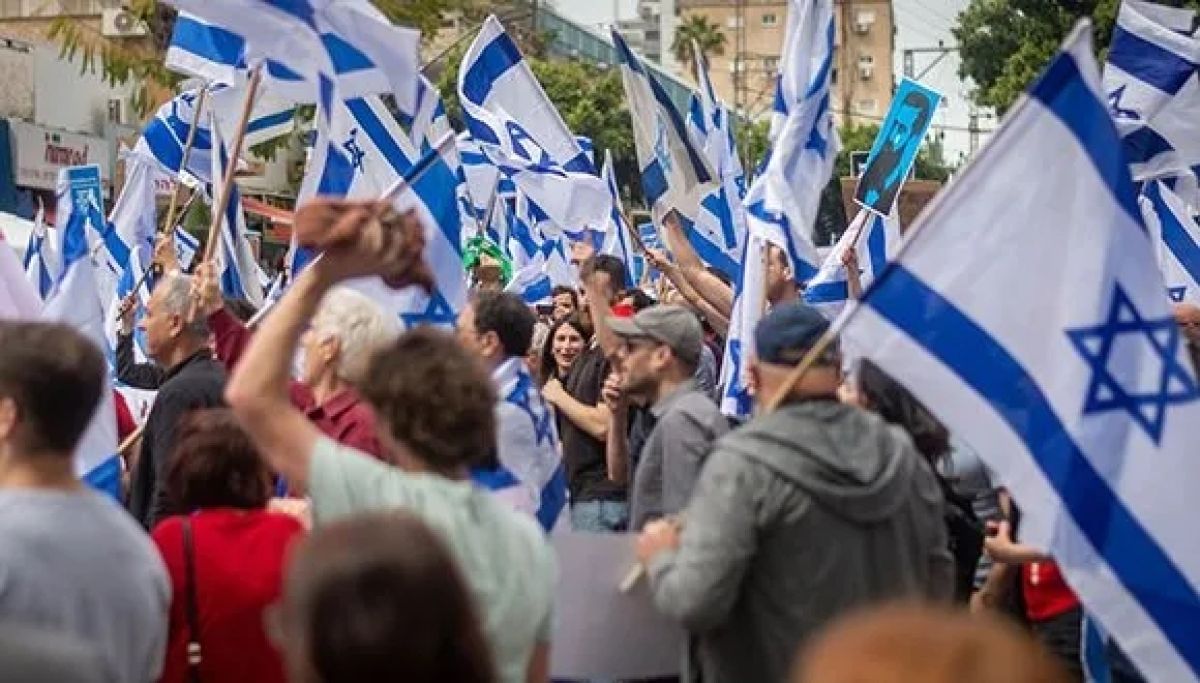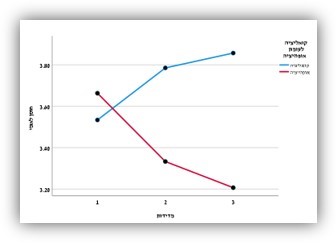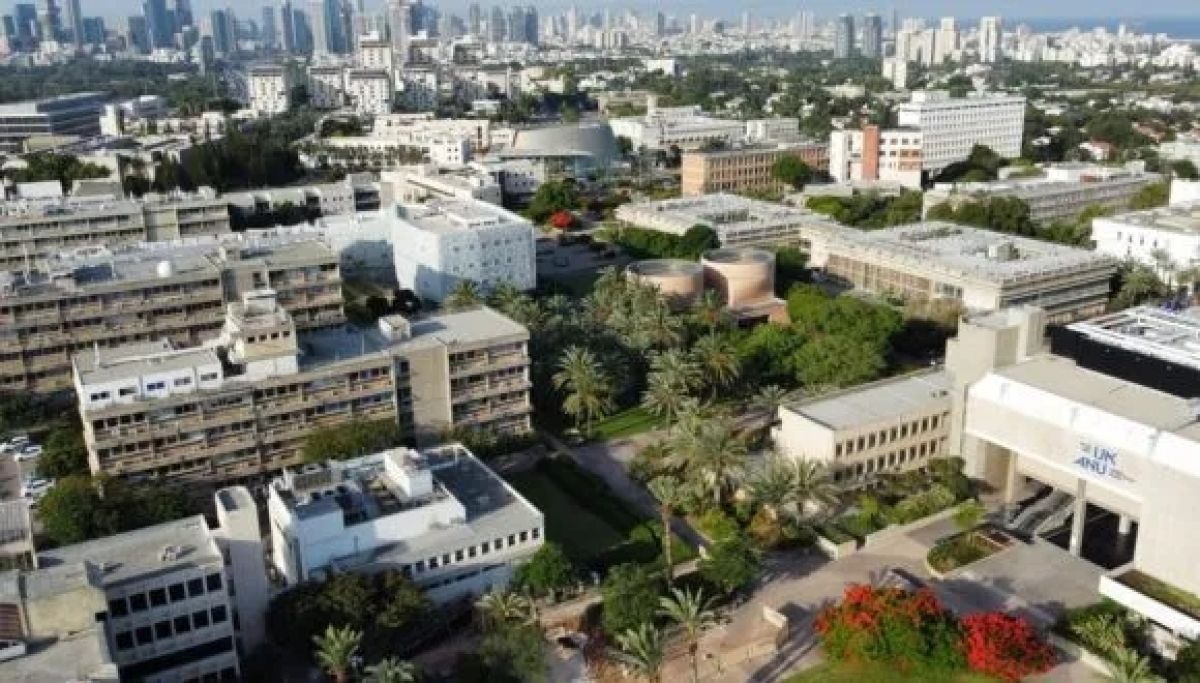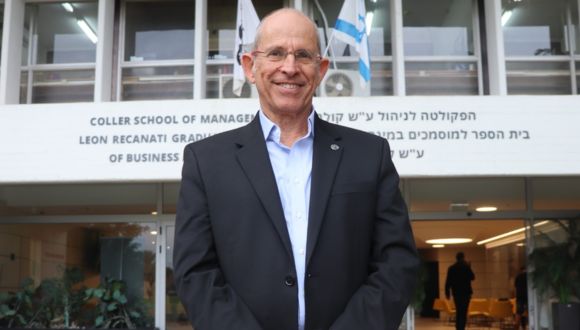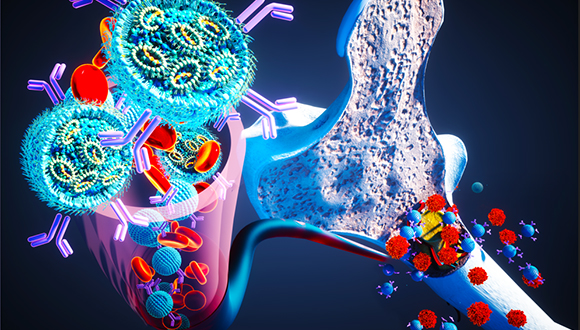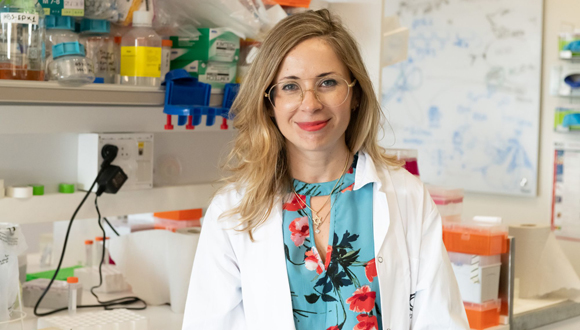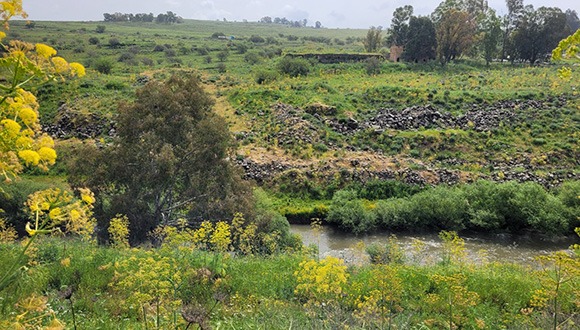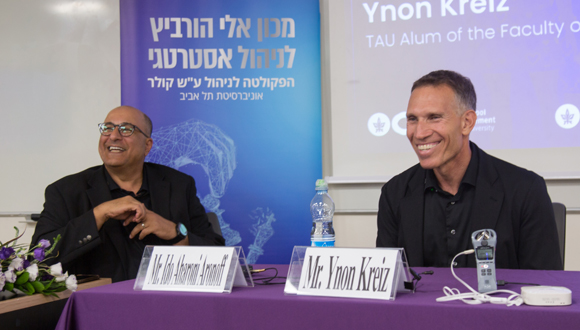War in Israel – New Update from the TAU President
Dear faculty, staff, and students,
Let me begin by expressing deep, almost unbearable sorrow for the death of over 1,200 women, men, and children, murdered or killed in the horrific crime perpetrated against the Jewish people in its homeland. I am immensely grieved by the death of 11 of our students and relatives of our faculty members, who have been murdered or killed in this atrocious attack. Their names can be found in this link which, sadly, we are updating as information flows in.
May their memory be blessed.
Almost a week has gone by since the brutal massacre, and the enormous emotional burden grows heavier every day. We are burying our dead; we are exposed to more and more atrocities; we were devastated to discover that even small infants were not spared from the slaughter; and we are desperately concerned for the fate of the hostages. Indeed, such personal torment and nationwide anguish we have never known in the state of Israel, and the end is nowhere in sight.
TAU has harnessed all its strength and abilities to support the nationwide efforts. We have established an emergency fund to provide financial assistance, and considerably reinforced the psychological services offered to the TAU community, including opening hotlines in both Hebrew and English. Our faculties and schools are personally contacting students who live in southern Israel or serve in the armed forces. We are hosting families of our students from the south in the TAU dorms.
Together with the Student Union, TAU is recruiting volunteers from the TAU community, to help wherever help is needed. We are extremely proud of our Student Union, who are collecting food, clothing, medical equipment, and other necessities for mobilized soldiers and residents of southern Israel who have become refugees in their own land. In the coming days we will look for faculty members who can offer assistance in their own areas of expertise – such as social work, dentistry, various fields of medicine, psychology, law, etc. In fact, volunteer activities have already begun in the Schools of Dentistry and Social Work. We are turning to faculty, staff, and students, to ask whether they wish to host Israelis from the south in their own homes.
But while we hurt and grieve, as individuals and as a nation, there are those who applaud the bloodshed. In places around the world, including the campuses of some renowned universities, we witness rising BDS activities, justifying the atrocities perpetrated by the butchers of Hamas. It is very hard to read or watch these posts in the social networks. It is hard to observe the feebleness of certain leaders of academic institutions, who do not do enough to prevent this abuse of freedom of speech. Freedom of speech is not an absolute right. It must be trumped by the sanctity of life and the value of personal safety. It cannot protect expressions of hatred or incitement to murder and violence. I would expect my colleagues, heads of academic institutions, especially in the USA, to treat students and personnel who justify the slaughter as they would have treated anyone who justified the events of 9/11. I would expect them to condemn–clearly, firmly, and unequivocally–the horrendous massacre that has taken place in our land. Some have done so. But others have not.
Against this background, TAU is adding media outreach to its tasks. Some of our international students are already doing very valuable work in this respect. With the help of our Student Union, we are recruiting students who will operate in the social networks, to refute the terrible lies that might influence naïve, unknowing audiences who are unaware of what our enemy has done to us.
Finally, I must speak of expressions of hatred and incitement right here on campus. A few of our students have expressed support for the atrocities of Hamas. Their number is very small, but that detracts nothing from the gravity of this phenomenon. We will be very strict with this handful of students, and when we feel the offense is criminal in nature, we shall report them to the police. We will act swiftly, as required in this sensitive situation, but will not deny any student the right to a fair investigation of the facts. A society is tested in its difficult hours – and none are more difficult than those we are experiencing today. Democracy and human rights are not to be suspended in wartime. If anything, their importance increases.
At the same time, we are seeing deplorable incitement from extremists against our own students, whose only fault is being Arab. The Hamas murderers made no distinction between Jews and Arabs, and in their despicable attack many Arab Israelis were also killed and injured. The phenomenon of incitement against Arabs on our campus is of small proportions, but it shall not be overlooked. Inciters of any kind will not be tolerated. As noted above, a society is tested in its hour of calamity. TAU will serve as a model in this matter as well.
I wish you all better days.
Yours,
Ariel Porat

